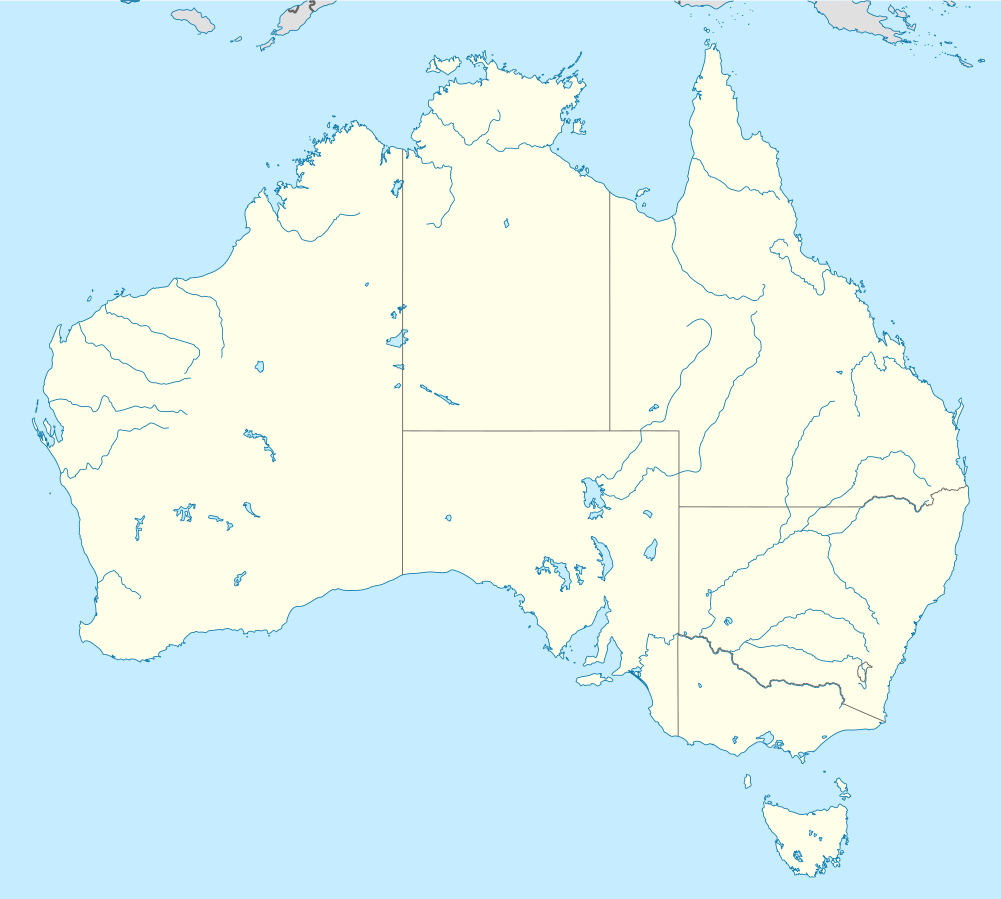
Over the last few days in Australia, a major referendum has taken place on a central issue that many nations across the globe are facing– particularly acutely in the Anglosphere. That issue being, of course, the extent to which it is necessary to recognise, recompense, and respect the indigenous/native communities of former colonial states such as Australia or Canada as a unique and separate people.
In a David Cameron-esque fashion, Australia’s current Prime Minister Anthony Albanese was partially elected on the back of a promise to give the aboriginal Australian people a “voice”. This “voice” would take the form of a constitutionally instituted tribunal of sorts which would have had the ability to specially scrutinise and influence legislation that was likely to disproportionately affect aboriginal communities or people.
Further emphasising the kind of memetic similarities to the collapse of David Cameron’s premiership in another way, this referendum’s result is a truly embarrassing failure for the incumbent government with – as of the time of writing- the vote split being ~60% saying ‘No’ to the constitutional recognition of this voice. Yet, despite the similarities between the two premiers, Anthony Albanese swears that he will stay on as Prime Minister despite this humiliating defeat.
This attempt at giving native people more recognition is not an Australian innovation. As I mentioned above, many nations in the Anglosphere have attempted similar things in the past, and are doing so right now. For example, Justin Trudeau’s Canada has passed legislation and proposed policies to emphasise the importance of native Canadians to the nation, as well as protecting indigenous self-governance, making space for their voices in central government and funding their projects through grants.
However, in a significant sense, the Canadian example is one not wholly representative of the broader trends. A precedent for what happened in Australia can be found in Latin America, particularly in Chile. The country has, in recent years, elected a far-left socialist government, and part of this government’s agenda was to introduce a new, progressive, pro-indigenous constitution to replace the pre-existing proto-constitution put in place by Augusto Pinochet. Yet, to the great disappointment of ‘decolonisers’ everywhere, the Chilean people firmly rejected this new constitution when given the ability to vote on it in a national referendum.
In a sense, this is not surprising, and there are many partisan excuses I could list here pertaining to why both the Australian and Chilean public just weren’t interested in backing new constitutional protections for indigenous people, but I won’t. Such excuses are often based in a kind of snobbish elitism that says that everyone who doesn’t back ‘X’ progressive cause or policy is tainted with ‘Y’ social pathogen. This breed of explain-by-defame type political “insight” is beyond infantile in nature, and unworthy of even being entertained.
Instead, I shall here try and draw some conclusions regarding whether decolonisation has an electoral future globally considering its recent defeats. Therefore, I shall seek to answer two fundamental questions:
- Is decolonisation just plain and simply unpopular?
- Is decolonisation going to remain a pressing issue in the long term?
The answer to the first of these questions, whether or not decolonisation is just simply unpopular, is frankly meh. Decolonisation, to the extent that it is discussed at all by the average voter, is probably not the most popular idea– especially as such a notion is often couched in language that can be rightly seen as racially divisive at times. However, in my view, this divisive language is a contingent aspect of the agenda, and if there was to be a decolonisation agenda without said language, the likelihood that it would be unpopular is tremendously small.
The answer to the second question is probably no. To be frank, there are a number of issues – ranging from the Israeli-Palestinian conflict to the cost-of-living crisis- that are far more important to most voters. As long as these other issues exist, making up for past atrocities will always conveniently find itself at the bottom of any list of priorities for the average ambitious politician.
Despite what I’ve said here, there is an important asterisk that needs to be placed after this whole argument. This is that it might be said that this trend of failed decolonisation attempts may just be as a result of the general inability of people nowadays to agree about nearly anything. Meaning, perhaps the reason the plebiscites in both Australia and Chile have gone down in flames is because referendums generally will rarely choose the ‘positive’ choice. If this is the case, then perhaps countries such as Australia should look to Canada’s example and begin passing as much as they can in terms of the decolonisation agenda whilst also not calling a popular referendum– negating the question of popular support entirely.
In conclusion, the prospects of decolonisation as a referendum item seem quite bleak when we look at recent events. However, with enough will power from uber-mighty executive branches, and a bit of greasing of the hands of the legislative branch, it is quite likely that many former colonies will soon experience decolonisation first hand. And we can be rest assured that this is the case because this is precisely what the regional Australian governments announced immediately after the ‘yes’ vote lost.
Image: “Australia location map” by NordNordWest is licensed under CC BY-SA 3.0



Average Rating